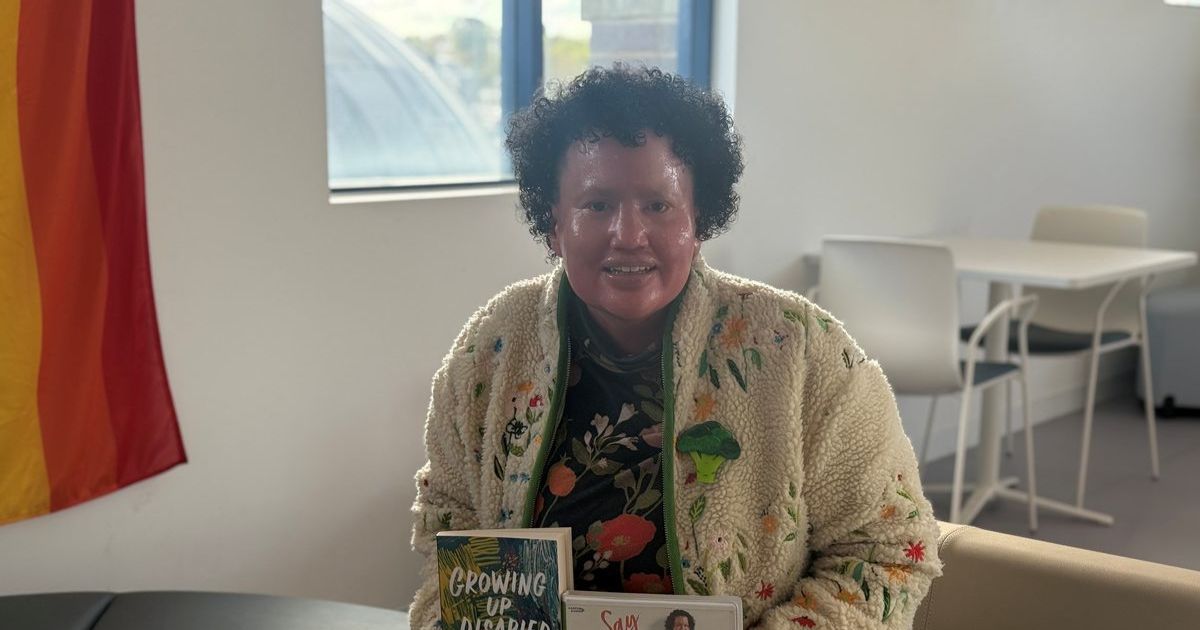From the desk of Roland Rocchiccioli – 12 November
It is so obvious, its omission defies logic. That dental health is not covered by Medicare is too silly – and is a continuing aberration on the part of successive governments.
FOR those who do not have private health insurance, dental care is out of the reach of many. It is too expensive.
Recently, a crown broke-off at the gum line. For 24-hours, with a missing front tooth, I looked like an Ozark Mountain man. As I peered into the mirror I could, I swear, hear dualling banjos! Without private health insurance I would have been out-of-pocket to the tune of $3000.
In these economically straitened times the cost would be beyond the financial constraints of many. Concerningly, waiting lists at under-resourced, government funded public dental care facilities are problematic.
According to the Australian Dental Association Victorian Branch or ADAVB, recently, the list for general care in the Victorian public dental sector have increased slightly from an average of 16.5 to 16.9 months.
Across the state, more than 1.5 million adults are eligible to access public dental care; however, in the 12 months from July 2022 – June 2023 only 197,641 were treated. Patently, despite their best efforts, it highlights the problems of an under-resourced public dental system. It needs to change – and sooner rather than later! By any medical standard, the situation is dire; it is in a state of decay.
Dental disease is at the root of much serious illness. Periodontal disease is a severe form of gum disorder which leads to bone deterioration and tooth loss. Patients with periodontal disease risk bacteria and plaque entering the bloodstream through the gums, leading to higher chances of developing heart disease and narrowing arteries.
If high levels of oral bacteria block the carotid artery it can increase the patient’s risk of stroke.
Periodontal disease can make blood sugar levels more difficult to control, leaving the patient at risk of diabetic complications.
Also, poor oral health can lead to an elevated risk of pancreatic, kidney, and blood cancers; kidney disease; arthritis; and infertility.
Aesthetically, teeth are very important. When we meet, we smile, putting our teeth on display. It is a sign of friendship. We are attracted to a dazzlingly mouth and sparkling eyes!
Robotically, we discriminate against unsightly teeth. People with poor oral health may experience pain and embarrassment which may lead to interactional social exclusion, mental health issues, speaking and eating problems, offensive halitosis, or being over-looked when seeking employment.
Children become self-conscious and may miss school. They feel excluded and develop behavioural problems.
Around one third of total patient dental care is for emergency rather than routine and preventive treatment. The majority of hospitalised patients are emergency cases. The lack of fiscal contribution is tantamount to false economy.
The ADAVB website statistics make for sombre reading. Unsurprisingly, females are the most disadvantaged in society. Sixty per cent of females and 16 per cent of males aged 35-54 are eligible for public dental care.
It is imperative all Victorians have access to affordable, regular, dental appointments. The ADAVB is calling on both state and federal governments to implement urgent action; to increase their investment in public dentistry for the vulnerable 71,768 wait-listed Victorians.
While politicians will argue with alacrity already much is being done, and will quote financial expenditure, in reality, the situation is deteriorating, exponentially.
Probably, it will never come to pass, but the ADAVB is calling for a tax on sugar-sweetened beverages, and the removal of junk-food advertising from public spaces, including public transport. How sensible!
Roland can be heard with Brett MacDonald on 3BA on Mondays at 10.45am and can be contacted via [email protected].



















